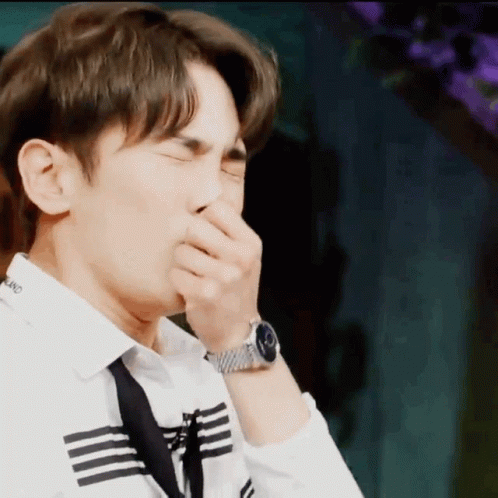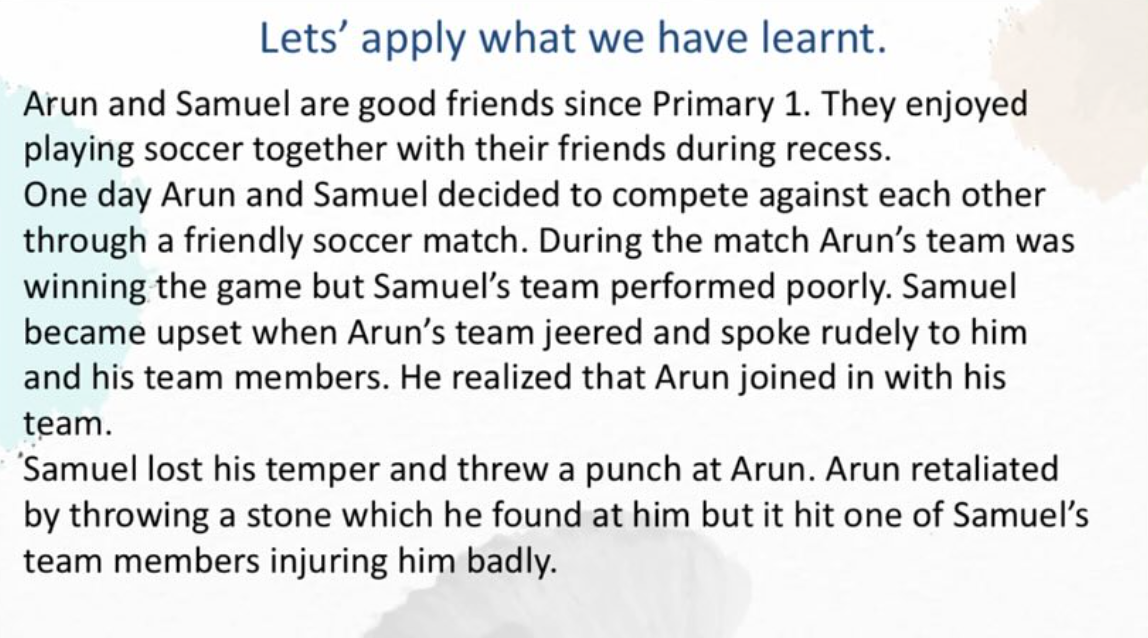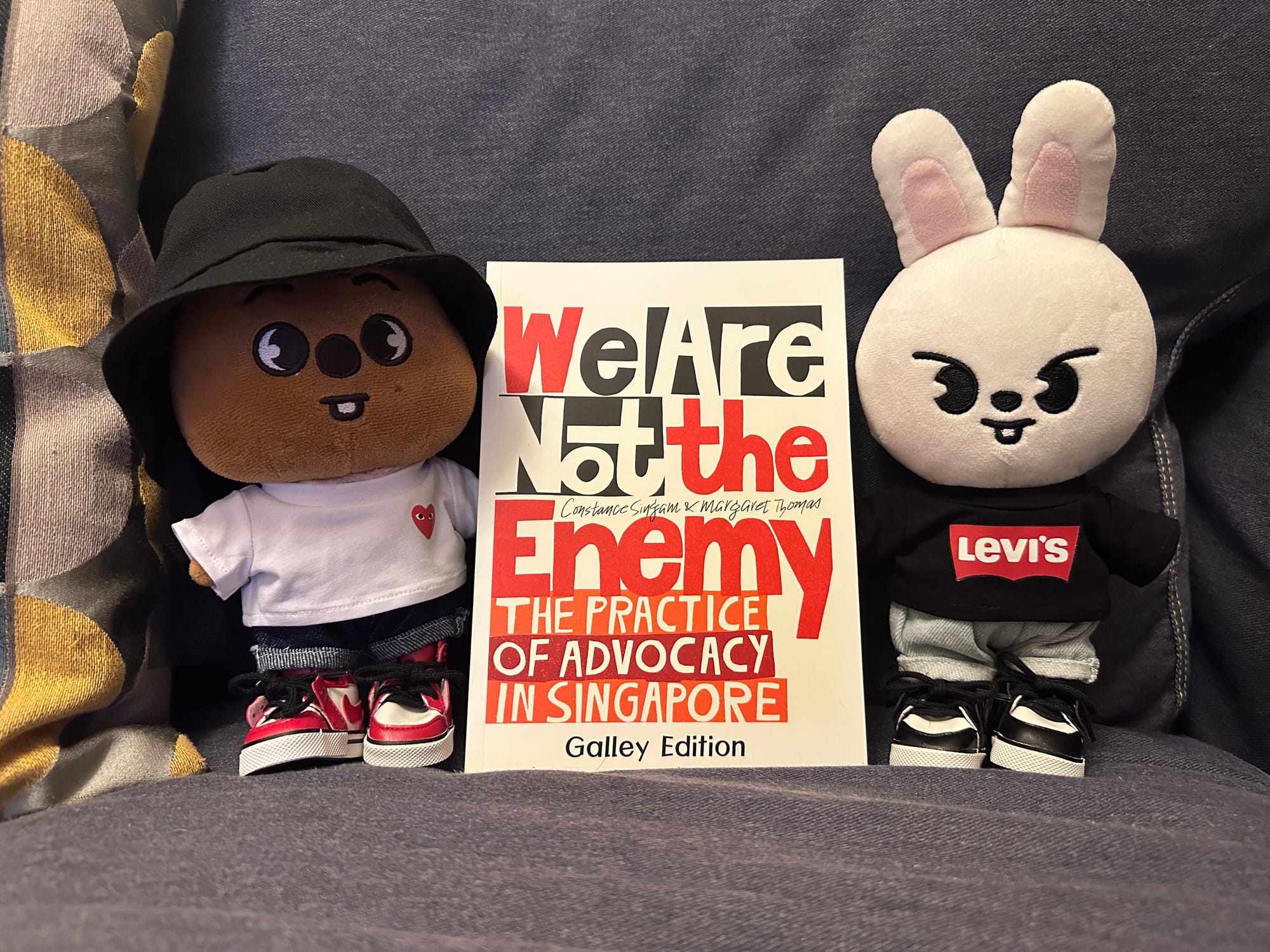Did you have fun scrolling through Singapore’s revenue and expenditure last week? We’re back to regular programming now.
Also, after so many years of running a newsletter, I still don’t know how to write email subjects.
(1)
Taylor Swift is in town for six sold-out shows starting tonight, and the rest of Southeast Asia is either here, on the way here, or hating Singapore for it.
I’ve seen posts here and there on social media, questioning whether the amount of taxpayer money the government has put down to roll out the red carpet for Swift is really worth it when goodness knows there are other things we could be spending public monies on. I don’t have a strong view on this myself; it’s just business, so I find the uproar from other Southeast Asian government officials about how it “runs contrary to the principle of consensus-based relations and solidarity on which the ASEAN was founded” quite over-the-top. The Singapore government clearly believes that the grant they gave to Taylor Swift (they won’t say how much, or what the conditions were) will reap dividends in terms of tourism revenue and PR branding—and it looks like this might be the case—and Swift’s team is benefitting from whatever perks they were given and raking it in as well. I would be more interested in how they intend to spend that revenue.
Meanwhile, I—having accepted from the get-go that I will not be getting Eras Tour tickets—am off to see SHINee at the Indoor Stadium next door. 😎

(2)
The Ministry of Education has created material for teachers to use to talk to kids about Israel and Palestine. Unsurprisingly, there's lots of unhappiness. Of course, a single lesson is not enough to cover everything about the history and politics of Israel, Palestine, land rights and colonialism, so there needs to be curation in terms of what makes it into the curriculum. But if these leaked slides are anything to go by—and assuming that they are authentic—then there’s a lot left to be desired.
It’s never easy to design curriculum for topics spanning decades of history, multiple stakeholders, complex geopolitics fraught with hypocrisy and differing agendas, all overlaid with years of violence, oppression and death. It’s not possible to include everything, and therefore there will always be the risk that someone—a student, a parent, an administrator, a politician, whoever—will be unhappy. But the answer can’t be to present false equivalences or give the impression that, while the news might make us feel sad, some matters are just too far away and too complex. It can’t be to just talk about how horrific events might affect our peace and harmony. And it certainly can’t be to use terrible analogies like this:

I don’t have any kids, so the amount of skin I have in this game is extremely limited. But I wish that, instead of insisting on “both sides”-ing things, the focus could be on fundamental rights and principles. It’s not about designing curriculum that is “pro-Israel” or “pro-Palestine” or “neutral”, but about directing attention to basic things, like how it’s unacceptable to target civilians, medical facilities, or cut off access to life-sustaining necessities. No matter how long or complex the history, these are red lines that cannot be crossed, and these fundamentals should apply to all parties and cut whichever way. If it so happens that one side is violating these first principles on a greater scale, then that's the reality and students should be allowed to come to their own conclusions and judge accordingly. It's possible to do this while acknowledging that matters are complicated, that people have different views, and that we are unlikely to come to any consensus, whether at school or elsewhere, in a short amount of time.
At the same time, students also need media literacy and opportunities to learn how to navigate difficult, even heated, conversations. It does seem, from those slides, that there’s some effort in this direction, but it also needs to be taken within the broader Singaporean context. And this context is that people who have engaged in peaceful action are being investigated as if what they’ve done is some sort of threat to our society, which sends the message that acting on your convictions, however peacefully, is not allowed in this country. Only passive “thoughts and prayers” are allowed, or unanchored “both sides” paralysis. This is not teaching young Singaporeans how to be responsible and active humans when they are out, not just in Singapore, but the world.
Got some more…
😶 Leong Mun Wai has stepped down as the secretary-general of the Progress Singapore Party. The official reason is that he’s “taking responsibility” for getting POFMA-ed recently.
😑 Kenneth Jeyaretnam has been POFMA-ed a lot, and now the Attorney-General’s Chambers is being brought in to see if any further action should be taken over the comments that he’s made about ministers K Shanmugam and Vivian Balakrishnan renting properties on Ridout Road.
📚 Ethos Books hosted a lovely gathering last night and I got my galley edition copy of We Are Not The Enemy: The Practice of Advocacy in Singapore, edited by Constance Singam and Margaret Thomas! I contributed a chapter to it, and am excited to read all the other ones from various members of civil society. More details about the book launch to come, so watch this space.

To those of you seeing Taylor Swift on any of the nights over the next week, have fun and stay safe!

Thank you for reading! As always, feel free to forward this weekly wrap to anyone you like, and spread the word about this newsletter!
